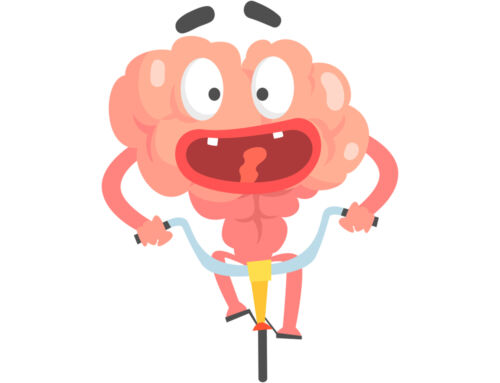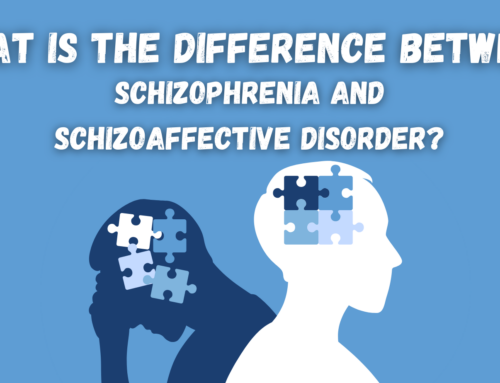The first step in entering treatment for a substance use disorder (SUD) is detoxing. Detoxification is a process that the body goes through when stopping the use of a substance.
Medically assisted detox may be necessary for certain substances that cause extreme withdrawal symptoms. Although it is only the first step in recovery, detox is an important step to complete safely and entirely.
What’s Next in Early Recovery?
After completing detox and making it through the withdrawal period, a person may remain abstinent from drugs or alcohol, but there is a high risk of relapse if there is no plan following this period. Early recovery is the most difficult time and the most vulnerable period in which someone may return to substance use.
12-Step programs encourage this abstinence approach to recovery and may be very helpful for those seeking long-term recovery.
Abstaining is Imperative
The recovery period of SUD involves abstaining from substance use after successfully detoxing. Abstinence, or abstaining, is not using substances such as drugs and alcohol in any capacity.
If one does not completely stop using substances and returns to their use, this is known as relapse or return to drug or alcohol use. Unfortunately, relapse is a common occurrence in SUDs, and therefore, recovery is an ongoing period that one deals with for their entire life.
Maintaining Abstinence and Recovery
Since drug and alcohol use changes the function and structure of the brain, these changes continue even after abstaining from using the substances. Therefore, those battling SUDs are at risk for relapsing long after stopping their use, regardless of the negative consequences.
Thus, many individuals use behavioral therapies as treatment and to protect against relapse. These therapies may include group, family, or individual behavioral counseling. They may also involve various focuses, such as:
- Focusing on the individual’s motivation to change
- Cultivating skills to resist drug or alcohol use
- Motivating abstinence
- Replacing substance use with more constructive activities and hobbies
- Enhancing problem-solving skills
- Helping create better personal relationships
Looking for Help with a SUD?
Maintaining participation in group or individual therapy during and after treatment is imperative for sustaining a life-long recovery. As humans, we are very social beings, and therefore need to maintain ties to other individuals.
Therefore, participating in group therapies, maintaining sober relationships, and reconnecting with family members who support your recovery are all crucial to a continuous recovery.
At Alta Loma Transformational Living, you will meet knowledgeable, compassionate professionals that understand addiction in all its forms. Alta Loma uses an integrative and holistic approach to treat addiction and mental health issues.
No treatment is one-size-fits-all, where you will have a team of experts prepared to create your customized treatment plan. We offer care for your mind, body, and spirit, so that you can heal from the inside out and look forward to a lifetime of sobriety and wellness. If you are ready to take the first step in your recovery, please call us at 866-457-3843.



